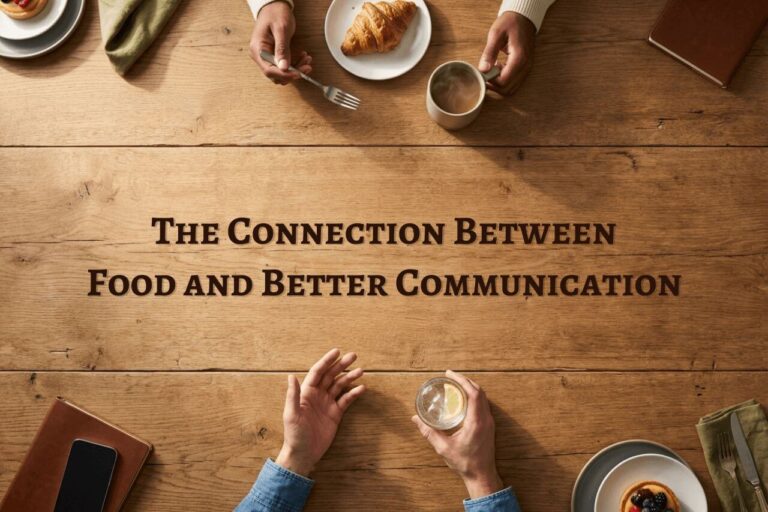Most of us learn at an early age that it’s polite to thank others for the kindnesses they extend to us. The process of saying “please” and “thank you” becomes routine. And while gratitude is always a good thing, I think it’s important that we regularly remind ourselves of the impact that expressing gratitude can have on the people around us. This is especially true as we become more successful at work or gain influence in our position. It’s far too easy to overlook the people and events that have allowed us to get to where we are in our lives today. And our appreciation for the help we’ve gotten from others deserves to be intentional rather than routine.
November of 2004, in these Notes, is when I first addressed the subject of gratefulness and how it works to make us more effective leaders. I wrote about how gratefulness leads to loyalty, which leads to submission, which leads to humility, which finally leads to promotion. In other words, when we realize that the world doesn’t revolve around us, we become the kind of person those around us want to champion.
In the spirit of intentionally showing appreciation, I’d like to share with you some examples of gratitude.
CTO (Chief Thanking Officer). At a recent annual meeting of the homeowners’ association for my community, the president mentioned that one of the most important elements of his job is to be the Chief Thanking Officer. He knows that it is only through the efforts of the other board members and the significant number of volunteer hours from committee members and homeowners that he is able to perform his job properly. I know the president well enough to know that annual meetings are not the only times when he expresses his gratitude to the folks in our community, and it’s always appreciated—so much so that he was rewarded by being reelected for another term.
Gratitude as a sales strategy. It’s no secret that most small business owners don’t view themselves as the chief salesperson for their company. The thought of knocking on doors to promote their products or services causes many to break out in a cold sweat or fall into a litany of excuses as to why right now is a bad time to call on people—even those with whom they’re already doing business.
The next time you’re planning to visit an existing customer, try this: visit them with the intent of expressing how much you appreciate their business. Then ask what you can do to improve the service you’re providing. I think you could build a case that doing this is a differentiator for your company. After all, how many of your competitors visit their customers to thank them for their business?
As your company grows, being smart enough to perform your job well, knowing how to build a better mousetrap than your competitors or consistently deliver a higher level of service, becomes table stakes in sustaining your company. It’s the relationships you develop with others, both within your company and outside of it, that create long-term success. And one of the cornerstones of building relationships is being intentional in letting people know how much you appreciate them.



